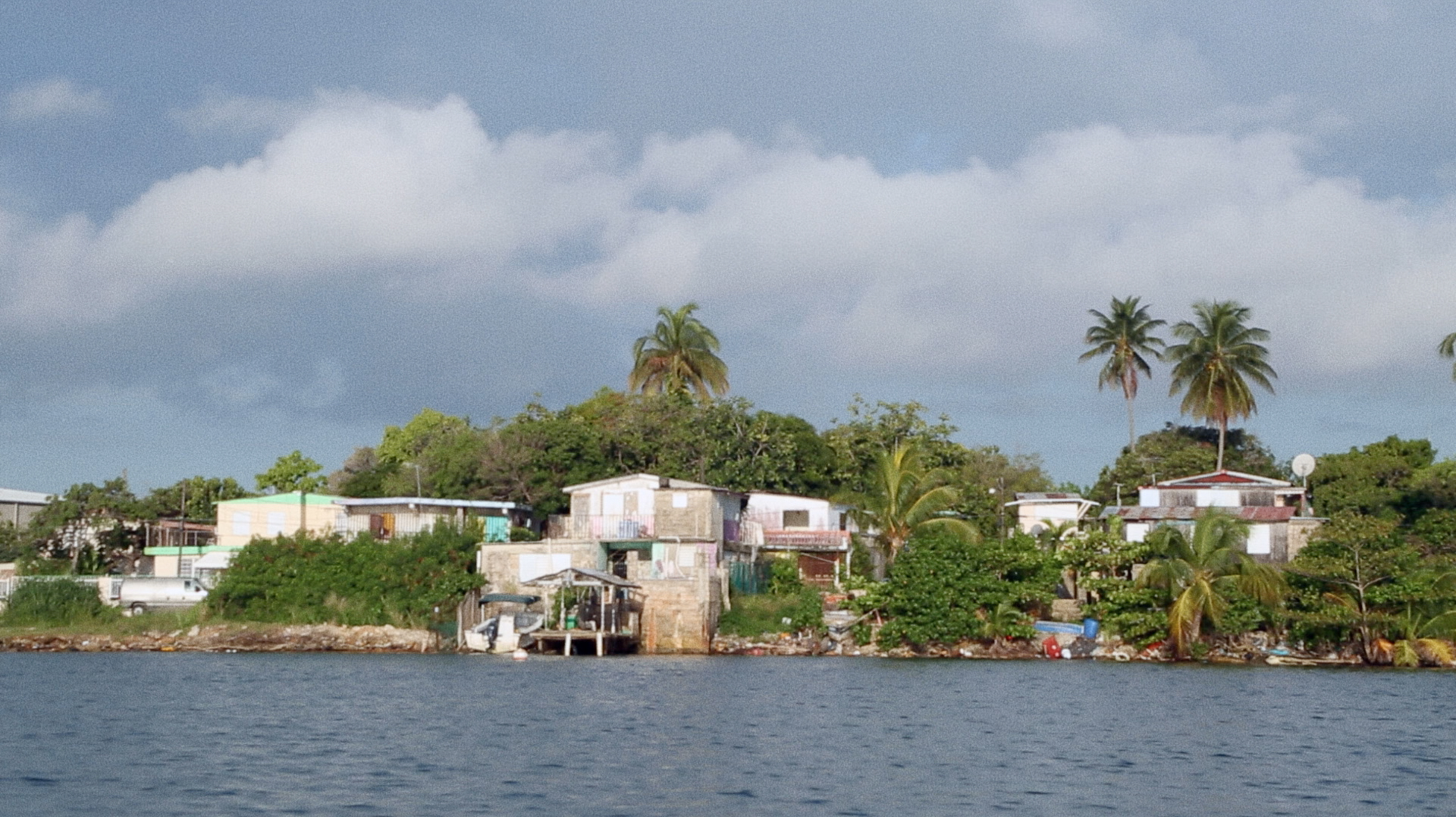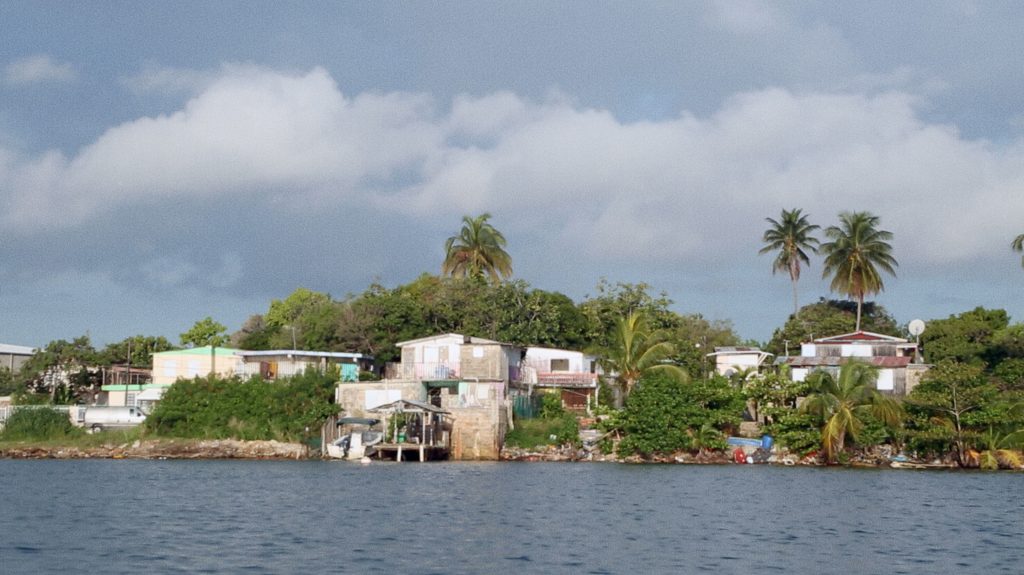“Puerto Rico doesn’t know what’s going on here, and if they do, they’re ignoring us.” So opens Gabriel Miranda’s documentary Vietnam, Puerto Rico. Focused on the coastal community of Vietnam, which is located in the Guaynabo, the doc tells the story of a disenfranchised population being displaced over the past two decades to make room for a glitzy new waterfront development. Involving legal intimidation tactics, adversarial interactions with the police as well as a local government that seemed more intent on gentrifying the area for high-end tourism at the expense of families who’d lived there for decades, what’s been going on at Vietnam speaks to larger issues in the island.
The film carefully explains both the history of Vietnam (including its association with that South-East Asian war) as well as the complicated legal battles that have characterized the life of its residents for the past two decades. Speaking with community leaders, local residents, legal experts—though, curiously, no government officials, all of which declined to be interviewed—Miranda paints a picture of a neighborhood under siege. Just watching the many shots of dilapidated down buildings that his camera captures is enough to make you understand how strategic this displacement process has been. What easier way to make the case for a neighborhood to be cleaned up and torn down than systematically displacing people, demolishing their houses and leaving the rubble out in the open to accumulate?
Offering what Miranda told Remezcla is a story that has been mostly kept out of the public eye, Vietnam, Puerto Rico is a lesson in civic activism as well as a reminder of the cost of gentrification. With bright-colored images of the community and a guitar score composed by Miranda himself, the doc is required viewing for all those invested in local Puerto Rican politics. Here’s a brief primer on the issues at hand, with 5 things we learned while watching this doc.
https://vimeo.com/253273178
Vietnam, Puerto Rico screens as part of the San Diego Latino Film Festival.
Vietnam = Puerto Rico
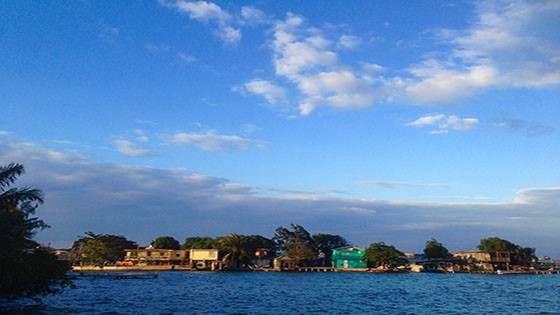
Early on in the film, one of Miranda’s talking heads makes the thesis of the film clear: the history of Vietnam is the history of Puerto Rico. Not only does it development dovetail with Puerto Rico’s colonial and industrial history (it stands on an area that was once riddled with mangroves, a relic of the island’s agricultural background) but it speaks to the resilience of its people in the face of government neglect. In fact, “Vietnam es Puerto Rico” is the title of the song Miranda wrote for the project. As he told us, “I wanted to translate all that emotion, all that struggle that this community has faced—because all of this started in the early 2000s! I wanted to imprint all of that in this song.”
Vietnam = Community
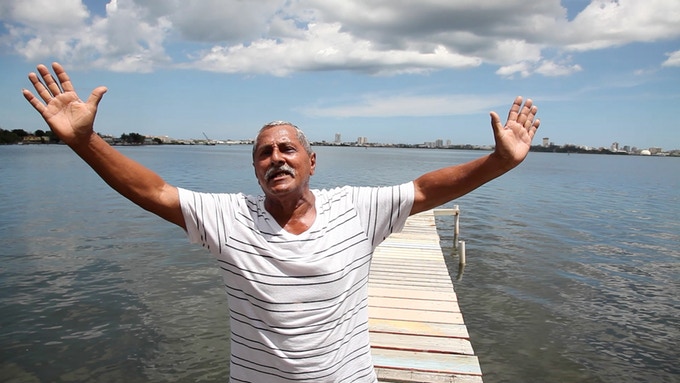
At the core of this story is a community that has made a home out of what used to be a muddy piece of land by the coast and are now being forced out of their houses so that a new mixed-use complex that includes a hotel, an aquarium and a boardwalk can be built to take advantage of their seaside views. Knowing this wouldn’t be an easy feat, the local government began buying up homes and relocating some of its residents—only, a closer look showed that these were actually expropriations that should never have taken place without community approval. Also, as many of the residents tell Miranda in the film, they’d rather not move to the government-built residences which would mean losing the kind of land where they can grow food and raise animals. No surprise that as a way to discourage unity among the neighborhood, local government went ahead and displaced the popular community center run by nuns in the area back in 2012.
Vietnam = Class Struggle
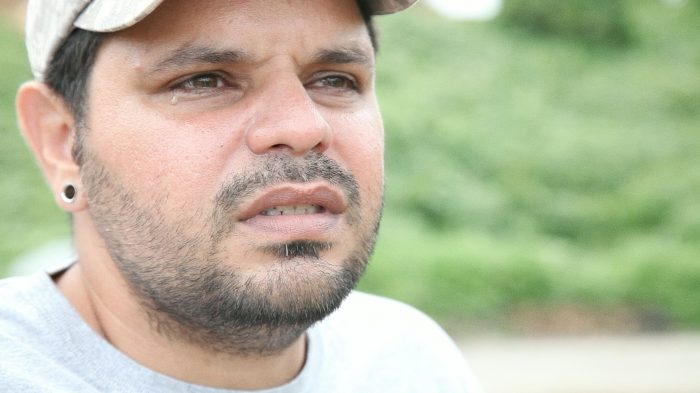
“It’s the class struggle we see all throughout Latin America,” Miranda noted. If nothing else, the film advances the argument that Vietnam is a perfect example of what the war on the poor looks like. “These are communities that are impoverished. Elected officials think of them as not really offering anything when it comes to development. Then they try to justify it with this sense of ‘progress’”—that is, we have to make room for better, more modern, more expensive buildings—“but ultimately what they’re doing is displacing an entire population—you’re not offering them any job opportunities, you’re not improving their education levels, you’re not improving their health or their environmental wellbeing.”
Vietnam = Hope
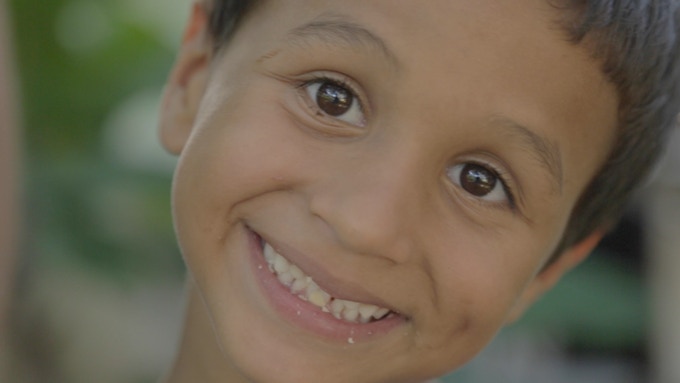
The message of the movie is clear: despite abuse and harassment, these people will not be deterred. “No matter how disrespectful the local and statewide government is towards the working class in these areas,” Miranda told us, “there are always be people who’ll fight for them and make sure that they have the opportunities that are so rarely offered to them. In Puerto Rico, there’s a lot of poverty. And it’s important that communities like Vietnam have a voice. We can’t allow the government to squash them and erase them from the map just for the sake of building tourist complexes.” If it wasn’t for community leaders, an investigation into what turned out to be illegal expropriations would never have been revealed—nor led to the years-long legal battle that ensued over protecting this “Special Community” which should have been exempt from such expropriation maneuvers.
Vietnam = Post-Maria Puerto Rico
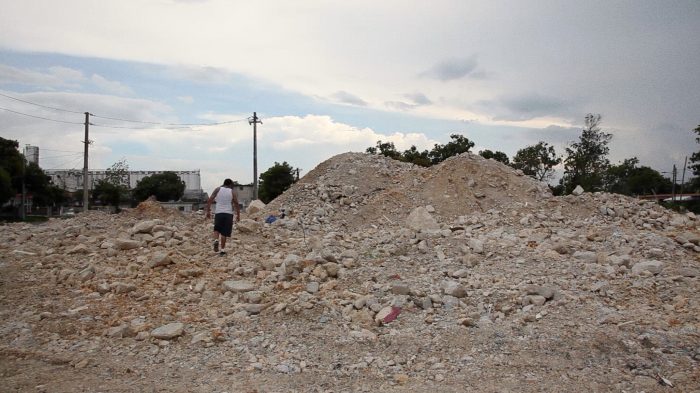
Despite the film ending in early 2017—with facts about the resignation of the embattled mayor of Guaynabo and the court decision that eventually sided with the Vietnam community—the images of destruction and of government indifference take a poignant tone in a post-Maria environment. This struggle ends up mirroring what’s been going on in Puerto Rico since that deadly storm. “It’s incredible,” Miranda said. “Because what was going on in Puerto Rico and in this community, was exacerbated by Maria—the country was destroyed. And we’re seeing people looking for opportunities fleeing the island in record numbers. It’s not unlike the migration you see in Vietnam; you’re just seeing what was happening there now in the country at large. You know, losing power, losing your job, losing your house; what to do then?”



